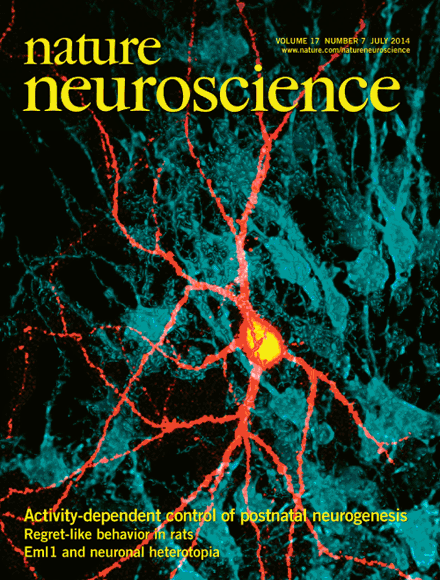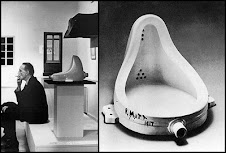Run for your life
Humans evolved to run. This helps to explain our athletic capacity and our susceptibility to modern diseases, argue Timothy Noakes and Michael Spedding.
The forthcoming Olympics in London will celebrate the performance capacity of humans and our remarkable ability to prepare our bodies and minds for specific tasks. But, at the same time as we are pushing our bodies to new limits in athleticism, we are experiencing unprecedented levels of relatively modern diseases such as obesity, diabetes and psychiatric and neurodegenerative disorders.
Although some research has yielded mixed results about the benefits of exercise for the brain5,
the literature in general shows that regular exercise can have many
cognitive benefits. Some research suggests that exercise has
antidepressant effects, at least against mild depression, and may even
offset Alzheimer's disease: an exercise programme has been shown to
increase the volume of the brain's hippocampus. More data are needed to
obtain a clearer picture of the effects of exercise on cognition.
Ongoing clinical trials are testing the effects of exercise on
Alzheimer's disease and schizophrenia.
- Timothy Noakes & Michael Spedding. Nature 487: 295–296 (19 July 2012)
















































































